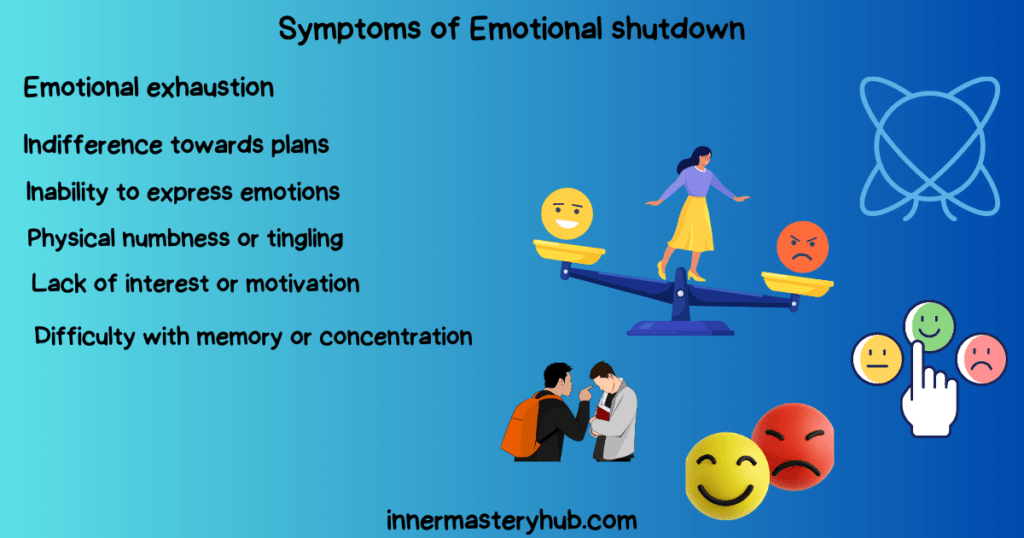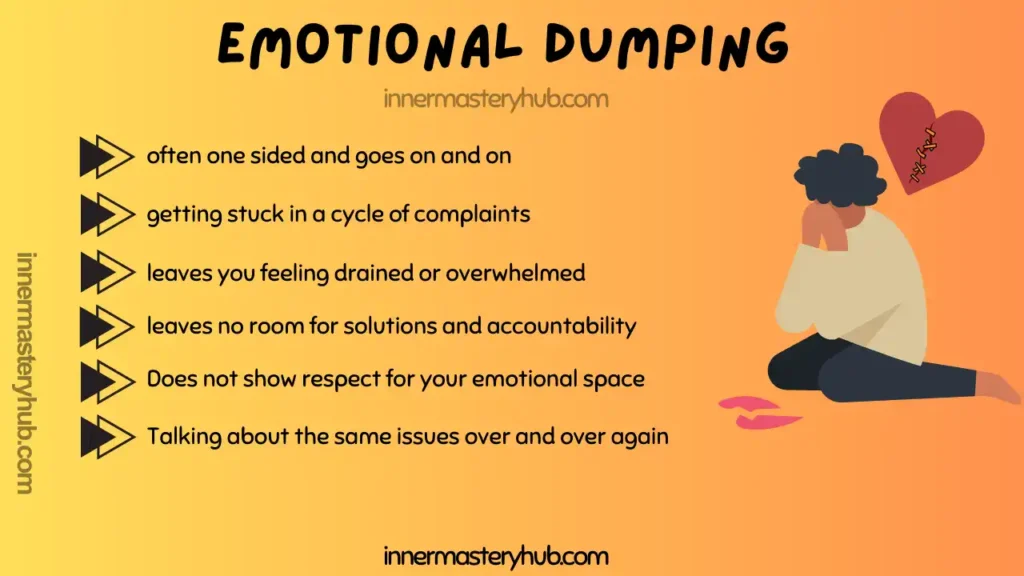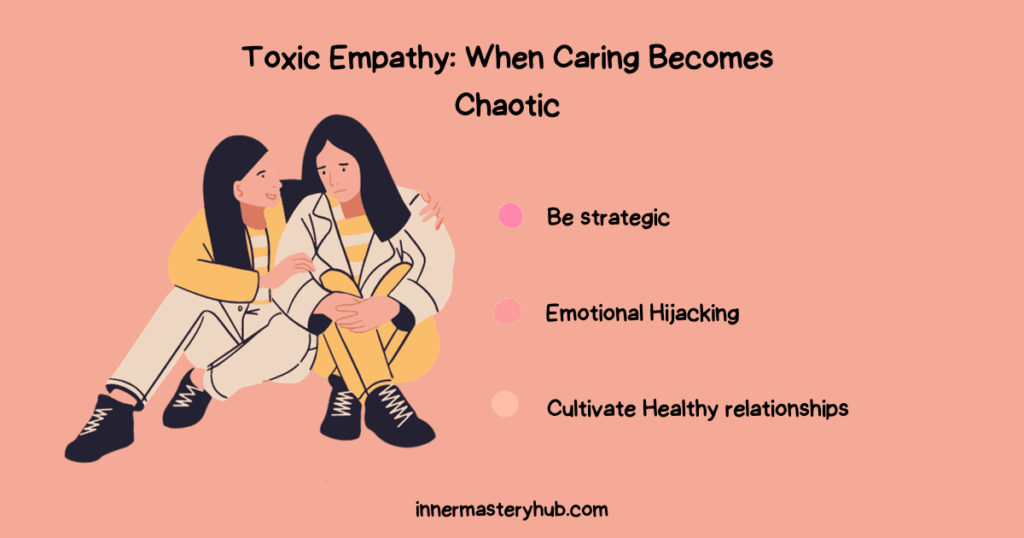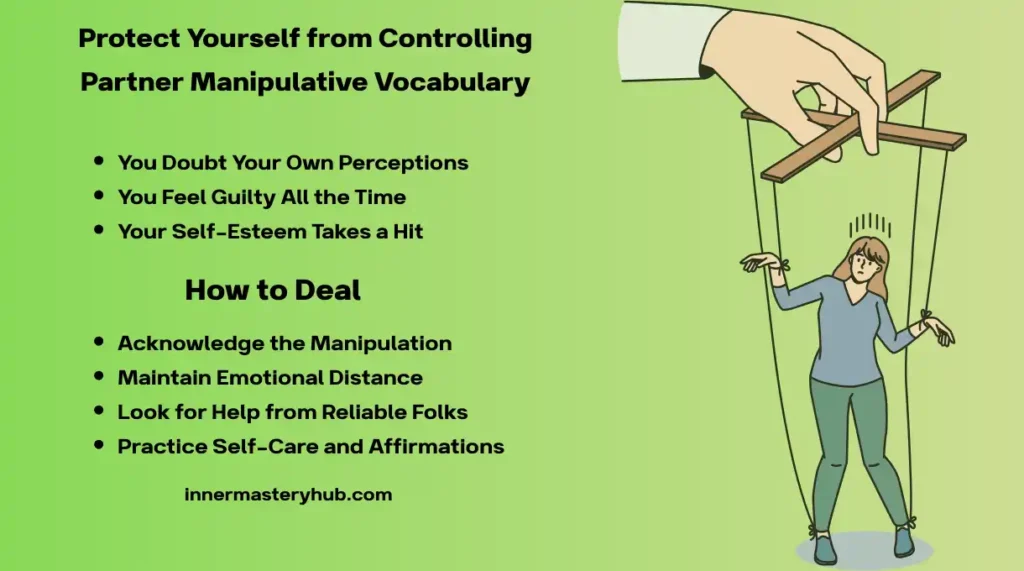What Is Traumatic Invalidation? Hidden Trauma Most People Overlook
When someone’s feelings and experiences are continuously denied, particularly when they are at their most vulnerable time, it is known as traumatic invalidation. This can have a significant impact on one’s sense of self-worth, emotional security, and interpersonal trust. It causes long-lasting psychological damage, leading people to question their emotions and reality.

“Traumatic invalidation” is a type of emotional abuse. Although this can occur anywhere, it frequently occurs to carers or other people in positions of authority when their children are young. Shame, PTSD, and stress are just a few of the severe and persistent symptoms that can arise from traumatic invalidation.
It could be hurtful, though, to share your thoughts and then be told you’re being irrational. When someone invalidates you, your mental health and self-esteem suffer.
The term “traumatic invalidation” refers to persistent social rejection. You may be rejected or have feelings and experiences ignored. Whether deliberate or not, frequent and severe invalidation leads to PTSD.
Examples of Traumatic Invalidation
Traumatic invalidation leaves a lasting impact on a person’s mental well-being, developing feelings of shame, self-doubt, and emotional dysregulation. Here are some examples of traumatic invalidation:
1. Dismissing Emotional Expression
Emotional invalidation is when your feelings and emotions are not recognized by your loved ones as;
- You’re overreacting.
- Don’t be such a baby.
- You’re being too sensitive.
2. Minimizing experiences
- That was nothing compared to what I’ve been through.
- You’re making a big deal out of nothing.
- You should get over it.
3. Denying reality
- That never happened.
- You’re imagining things.
- You’re mistaken.
4. Blaming the victim
- You brought this on yourself.
- It’s your fault.
- You’re overreacting.
5. Silencing or Discouraging Communication
- Don’t talk about it.
- No one wants to hear about your problems.
- Keep your thoughts to yourself.
6. Disregarding Boundaries or Preferences
- You’re being unreasonable.
- You should do what I say.
- You’re being too controlling.
7. Rejecting Identity or Self-Expression
- You’re being weird.
- That’s not who you are.
- You should just be yourself.
These examples show several ways that traumatic invalidation can appear, rejecting the person’s feelings, thoughts, and sense of self. A mental health expert can help you in processing your feelings, creating coping strategies, and regaining your sense of self-worth if you have suffered from extreme invalidation.

Where does invalidation come from?
Invalidation comes from various sources and from a combination of factors. Here are some common contributing elements;
Early Childhood Experiences
Caregivers who disregard a child’s emotions might invalidate them. This will lead to internalised self-doubt and difficulty recognising and validating one’s own feelings.
Relationship dynamics
Family, friends, love partners, and coworkers can all experience invalidation. Difficulties with Communication, intelligence, and empathy are caused by it.
Society and expectations
Social norms may encourage invalidating actions, such as denying emotions, ignoring experiences, and suppressing marginalized voices.
Unintentional invalidation
When people fail to recognize the consequences of their words and actions, they unintentionally cause invalidation. Cultural differences, insufficient awareness, and low emotional intelligence can all lead to this.
Manipulative behavior
When someone deliberately invalidates another person to maintain their superiority or gain power, it can be a form of manipulation.
Mental health disorders
A cycle of invalidating events can be intensified by some mental health conditions, such as borderline personality disorder, which can also make people more susceptible to invalidation.
How do we deal with traumatic invalidation?
With the right support and tools, you can heal the psychological harm and regain your identity, even though dealing with awful invalidation can be challenging. Taking these steps can help you in managing unpleasant invalidation:
Acknowledge your invalidation: This is the first step. This could prove to be simple, particularly if you were raised believing that being invalidated is normal. The healing process cannot begin unless the invalidation is acknowledged.
Verify your own experiences when you have come to terms with the fact that they have been discredited. This means acknowledging your thoughts, emotions, and experiences as real and true. Keep your observations undisturbed by the invalidation of others.
To develop self-compassion, show yourself love and forgive yourself for any errors you may have committed.
To protect yourself from further abuse, you must set boundaries if you still communicate with the person who has invalidated you. This involves avoiding excessive contact, being clear about your needs, and not disclosing personal information.
Discover the phenomenon of traumatic invalidation. This will help you understand how it affects your life and create coping strategies. You can find information about traumatic invalidation in numerous books, articles, and websites.
Seek professional help if the effects of painful invalidation are causing you distress; a therapist can offer you the support and tools you need to heal.
After experiencing significant invalidation, it takes time and effort to recover and rebuild your sense of self, but it is possible. With the right resources and support, you may live a better, more fulfilling life and move past the anguish of invalidation.
Takeaway Message
The severe and persistent disdain for your feelings results in traumatizing invalidation. Your emotional and physical health suffer as a result. The good news is that painful invalidation is surmountable.
FAQs about Traumatic Invalidation
What is traumatic invalidation?
Traumatic invalidation happens when someone’s feelings, experiences, or pain are dismissed or ignored, especially during a crisis. It can make a person feel unseen and unsafe, deepening emotional wounds and preventing healing. Over time, it may lead to anxiety and self-doubt.
How is traumatic invalidation different from regular invalidation?
Regular invalidation may be hurtful, but it is unintentional. Traumatic invalidation, however, occurs during or after traumatic events and damages a person’s emotional stability. It reinforces shame, silences the victim, and worsens trauma by denying the reality of their suffering.
Who can cause traumatic invalidation?
It can come from anyone: parents, partners, friends, teachers, coworkers, or professionals. It happens when others are uncomfortable with strong emotions or trauma topics. Even well-meaning people can invalidate someone by trying to “fix” or minimize their pain rather than listening to and validating it.
What are the emotional effects of traumatic invalidation?
Victims feel shame, confusion, anger, and deep loneliness. They start doubting their feelings and memories. Over time, it causes depression, anxiety, low self-esteem, and difficulty trusting others.
Why does traumatic invalidation hurt so much?
Because it denies a person’s reality at their most vulnerable moment, when someone in pain is told their feelings don’t matter, it creates emotional betrayal. The brain interprets this as danger, intensifying trauma and reinforcing the message that their suffering is not worthy of care.
How can someone heal from traumatic invalidation?
Healing begins with recognizing that it wasn’t your fault. Therapy, supportive communities, and validating relationships help rebuild trust and self-worth. Journaling and mindfulness also restore your inner voice. Most importantly, healing requires patience, compassion, and learning to believe your feelings are authentic and valid.
What are examples of invalidation in relationships?
Examples of invalidation in relationships include ignoring feelings, saying “you’re overreacting,” dismissing concerns, changing the subject during emotional talks, blaming sensitivity, or minimising pain instead of listening and offering emotional support.






